Cultural norms of health-related behaviour – A Case Study of Protestant and Catholic Communities in Northern Ireland.
Cultural transmission, how a group of people within a culture learn and pass on information, is an important mechanism underlying human behaviour, but empirical evidence from real world settings of how behaviours spread is still scarce. Northern Ireland is a unique context to explore these patterns, as two large groups Catholics and Protestants, historically holding different norms e.g. with regards to reproduction, live side by side. Even though Northern Ireland has become more integrated, there are still many areas that are predominantly Catholic or Protestant enabling testing hypotheses about cultural transmission.












